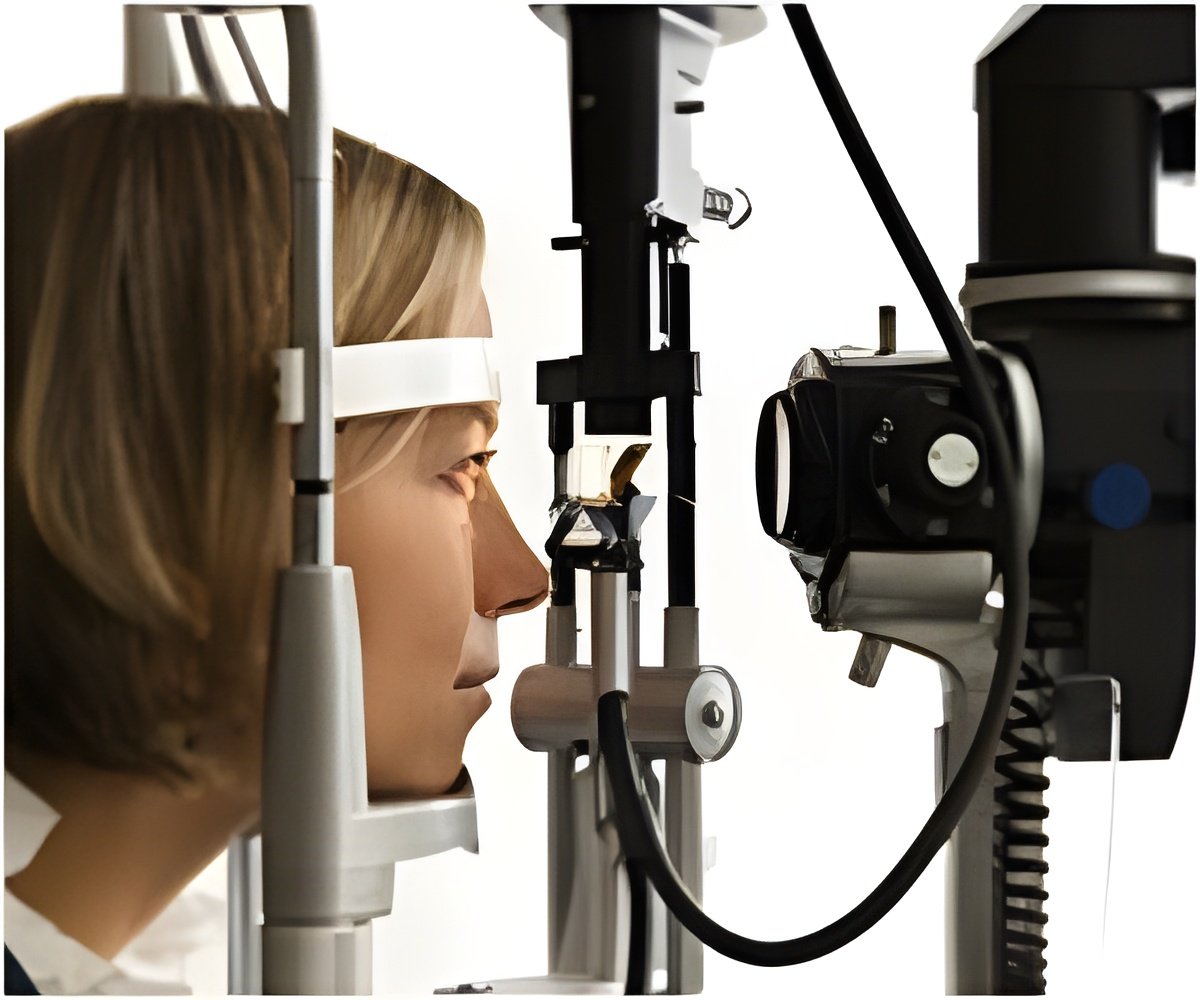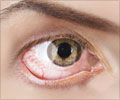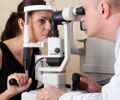
Scientists believe, however, that these specialized photoreceptors in the retina also contribute to visual function in the brain even when cells in the retina responsible for normal image formation have lost their ability to receive or process light. A previous study in a single blind patient suggested that this was possible but the research team wanted to confirm this result in different patients. To test this hypothesis, the three participants were asked to say whether a blue light was on or off, even though they could not see the light. "We found that the participants did indeed have a non-conscious awareness of the light -- they were able to determine correctly when the light was on greater than chance without being able to see it," explained first author Gilles Vandewalle.
The next steps involved looking closely at what happened to brain activation when light was flashed at their eyes at the same time as their attentiveness to a sound was monitored. "The objective of this second test was to determine whether the light affected the brain patterns associated with attentiveness -- and it did," said first author Olivier Collignon.
Finally, the participants underwent a functional MRI brain scan as they performed a simple sound matching task while lights were flashed in their eyes. "The fMRI further showed that during an auditory working memory task, less than a minute of blue light activated brain regions important to perform the task. These regions are involved in alertness and cognition regulation as well being as key areas of the default mode network," Vandewalle explained. Researchers believe that the default network is linked to keeping a minimal amount of resources available for monitoring the environment when we are not actively doing something. "If our understanding of the default network is correct, our results raise the intriguing possibility that light is key to maintaining sustained attention" agreed Lockley and Carrier. "This theory may explain why the brain's performance is improved when light is present during tasks."
Source-Eurekalert













